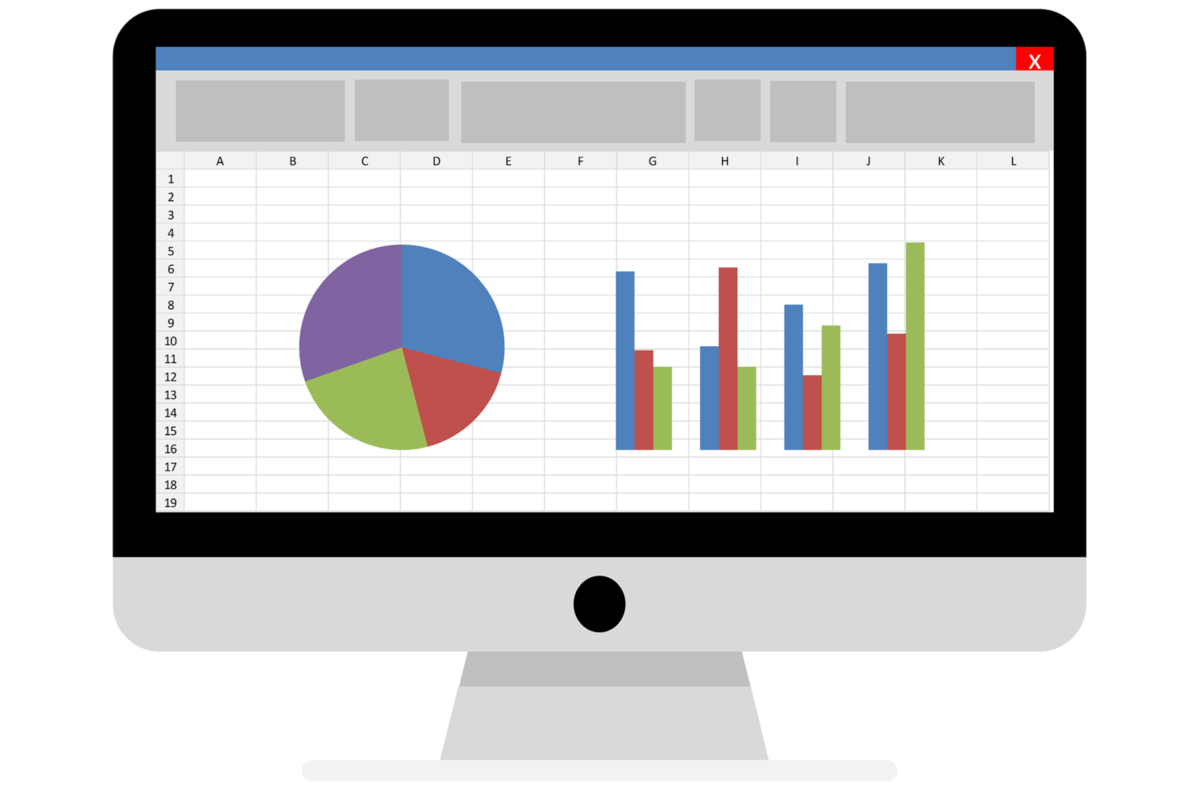
Leadership teams at small to medium enterprises (SMEs) are starting to consider NetSuite. Electing for an integrated ERP/CRM suite is hardly likely to be as exciting as pitching a new idea. Yet picking the right tools could determine whether you are successful or not.
Many young companies will have prioritised what they see as the bigger issues:
- What is the killer idea?
- Do we have a solid business plan to pitch to investors?
- Where will we locate the business?
- How will we stand out?
During the early days of your business, it may be easy enough to process a small number of orders manually. Many companies will start out by using Excel and outgrow it. They will then step up to Quickbooks which enables them to manage sales and issue invoices. Before long, you will find yourself evaluating your software choices again!
Don't get me wrong, these systems can and do work for many businesses, but they aren't always the best choices. If you don't want to hold your team back or leave them frustrated, it could be time to invest in a better solution. It may be time to consider your options.
It’s very easy to become locked-in to archaic processes. Which is why so many growing companies restrict their own growth. Processes that helped your employees during the early days, can end up being what holds them back.
If you own or work for a growing company, then there is a good chance you have experienced some growing pains. Do you stick with your existing processes or invest in new software? It can be difficult to know what it going to be the best choice.
Whilst NetSuite isn't going to be the answer for everyone, it could be for you. Specialists have been telling me that they are now working with smaller clients. The value added resellers in our network have been reporting similar findings. Which is why we've decided to take this look at why SMEs are turning to NetSuite.
Do SMEs favour OPEX?
One differentiator between NetSuite and traditional on-premise solutions is upfront cost. Due to the financing available to a small company, they may have to pick software based on how they have to pay for it.
CAPEX - Capital Expense - Payment up front with support contract
OPEX - Operational Expense - All costs rolled into a single contract
CAPEX represents the traditional way of installing an ERP or CRM system. Companies would buy hardware in house which a support company would then look after for them. The client would then need to pay for licensing and support costs, on top of the up front cost. Many larger companies are much more comfortable operating in this way. Whilst smaller companies are now considering the alternatives on offer.
A growing business may only be able to license the software it needs through OPEX. Which is where NetSuite could stand out for SMEs. Especially since opting to pay up front doesn't completely eradicate the ongoing costs.
If you opt to invest in an on-premise system paid by CAPEX. You'll need to consider the time and money you'll invest over time. Your system will need to manage back ups, upgrades etc. and this comes with an ongoing cost. Regardless of whether you paid OPEX or CAPEX.
What many SMEs are looking for, is Software as a Service (SaaS) licensing. Which NetSuite do offer, as do many of their competitors. This allows the business to start small with a few end-users and without a high initial cost. This is a key reason why small businesses are choosing to opt for NetSuite. With user-based pricing, it is possible to scale up and down in line with your needs as a business.
Integrated
Getting the right advice at this stage is crucial. Smaller companies are less likely to be able to make a mistake and carry on as if nothing has happened.
Integrating your existing systems with new technology is a common problem for SMEs. They will attempt to take new systems and integrate them with legacy software. An off the shelf software solution may not integrate with your other software. This can cause problems if your team are using spreadsheets or Access databases on a day to day basis.
If a new system does not have a strong integration method, you may not be able to access your data. Which can lead to duplication across systems and data integrity issues.
An ideal ERP for small business would allow seamless access to data from any part of the application. Your staff should be able to make data driven decisions using the data they need in the area they need it. NetSuite is intended to remove data silos and the need to transfer data between systems. Real-time access to your data allows employees to make more accurate decisions.
SMEs live for new business
SMEs, especially during rapid growth, need to adapt quickly to business changes. This could mean bringing a new product to market or targeting a new market altogether. For a small business to grow, it may need to provide an innovative solution to an existing problem.
The customer base will shift in some industries and there are new sales channels to consider. The flexibility of cloud-based software means that SMEs can work on their own terms. Which is why NetSuite's cloud offerings are proving more popular.
NetSuite was originally designed for much larger businesses. For a growing company, this means they are unlikely to outgrow it. As an SME grows, it is important that their processes and procedures can grow with them. In the modern age, this means their software needs to grow with them and NetSuite is more than capable.
Business sectors
 The Netsuite website lists relevant case studies that show the software in use by SMEs. One example provided is Big Agnes who are in the retail and distribution industry. They had been using Quickbooks/Excel but needed a more scaleable option. Big Agnes chose Netsuite over SAP and Microsoft, due to the flexibility of the software.
The Netsuite website lists relevant case studies that show the software in use by SMEs. One example provided is Big Agnes who are in the retail and distribution industry. They had been using Quickbooks/Excel but needed a more scaleable option. Big Agnes chose Netsuite over SAP and Microsoft, due to the flexibility of the software.
Thos. Baker is a retailer who also moved on from QuickBooks and in-house solutions. They work with tens of thousands of products that all need to careful management. It is crucial for them to be able to manage their stakeholder relationships. NetSuite enabled this by giving them better visibility and control across the operation.
A third case study looks at SRS Acquiom who have worked with NetSuite since their startup phase. They work in the management an acquisition sector where scaleability is crucial. The two founders started the business with an intention to grow quickly. Their success in doing so, is why NetSuite was such a good option for them. They've grown to over 100 employees worldwide who operate across 9 offices. By integrating their CRM and ERP, they have been able to work across boards with full remote access.
Why is NetSuite on the rise?
Many companies may grow to regret the choices they made during the startup phase. SMEs need to be ready for growth and to ensure that their software is ready to grow with them.
It is easy to see why so many SMEs prioritise other areas. Solving product issues or generating more sales are very important to growing companies. With the results that those activities generating being more immediately obvious too. Yet NetSuite continues to attract small business for many reasons.
The key reasons for a business to move to NetSuite and even more important for SMEs. There are two key reasons:
- The ability to grow the software alongside the growth of the company.
- The ERP and CRM work together to provide integrated access to all your key data.
Whilst we understand these aren't the only reasons. They are the main reasons why so many SMEs see NetSuite as the best option for them.
